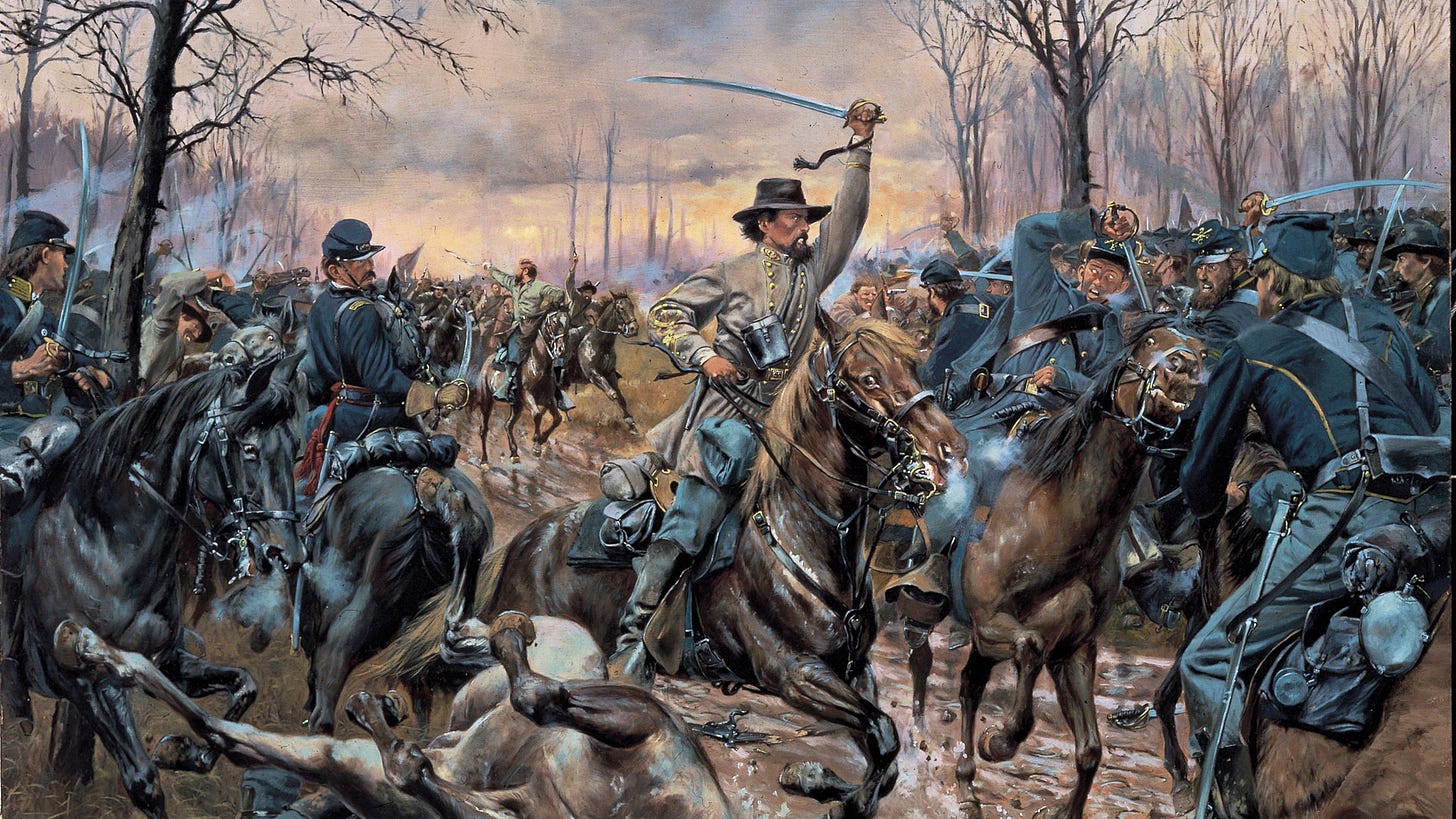Rewriting History in Real Time
Books are banned, classrooms are censored, and even the National Archives isn’t safe. Here’s what’s happening—and why it matters.
Before the sun rose on April 12, 1861, Confederate troops opened fire in South Carolina’s Charleston Harbor. Barely a day later, Union forces at Fort Sumter surrendered, touching off what many scholars think of as America’s second revolution: the Civil War.
But decades after the Confederacy started the war, history textbooks, curriculum, and teachers in the South began insisting that it wasn’t actually a “civil war,” instead revising history and attempting to erase the collective memory of the South by calling it “the War of Northern Aggression.” This conflict, they claimed, was not about the South’s insistence that they maintain the right to enslave people. It was that the North wanted the South’s resources.
This wasn’t the only revisionist history taught after the Civil War. From the 1870s until the 1910s, Confederate sympathizers wanted to make sure the public schools of the South taught the “appropriate” messages, according to Chara Bohan, professor of educational policy studies at Georgia State University.
Bohan and her colleagues analyzed history textbooks published after Reconstruction, and found that the “Lost Cause” narrative, which cast the Confederacy as the heroes of the war, made up the majority of the lessons taught about the war in Southern states.
For example: Enslaved people learned skills that benefitted them and were happy with their station in life.
But this curriculum made its way north. Over time, Southern accounts of the Civil War infiltrated Northern textbooks. By the 1930s, students were learning the Southern messaging of the Civil War, no matter where they lived.
By controlling this narrative, in 2015, 150 years after the Civil War ended, nearly half of Southerners still believed that slavery was not the primary cause of the war.
And we are experiencing in real time the advent of a modern-day Lost Cause, one in which some people claim that facts aren’t real and that true things are hoaxes, one where books are banned and the First Amendment is trampled upon. A version of reality that recasts the proponents of freedom as threats to the nation, one that scapegoats the vulnerable while consolidating power in the hands of the rich.



